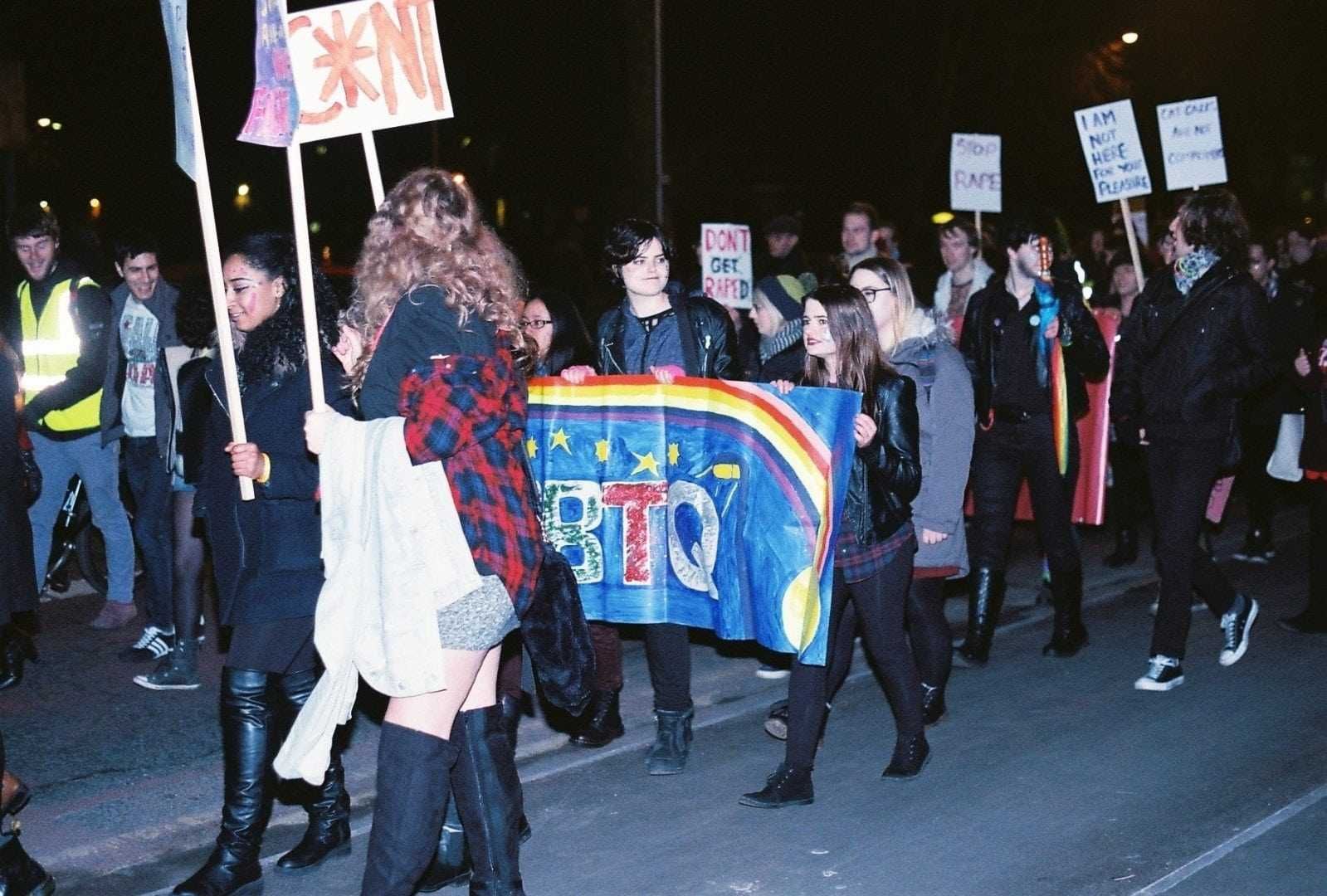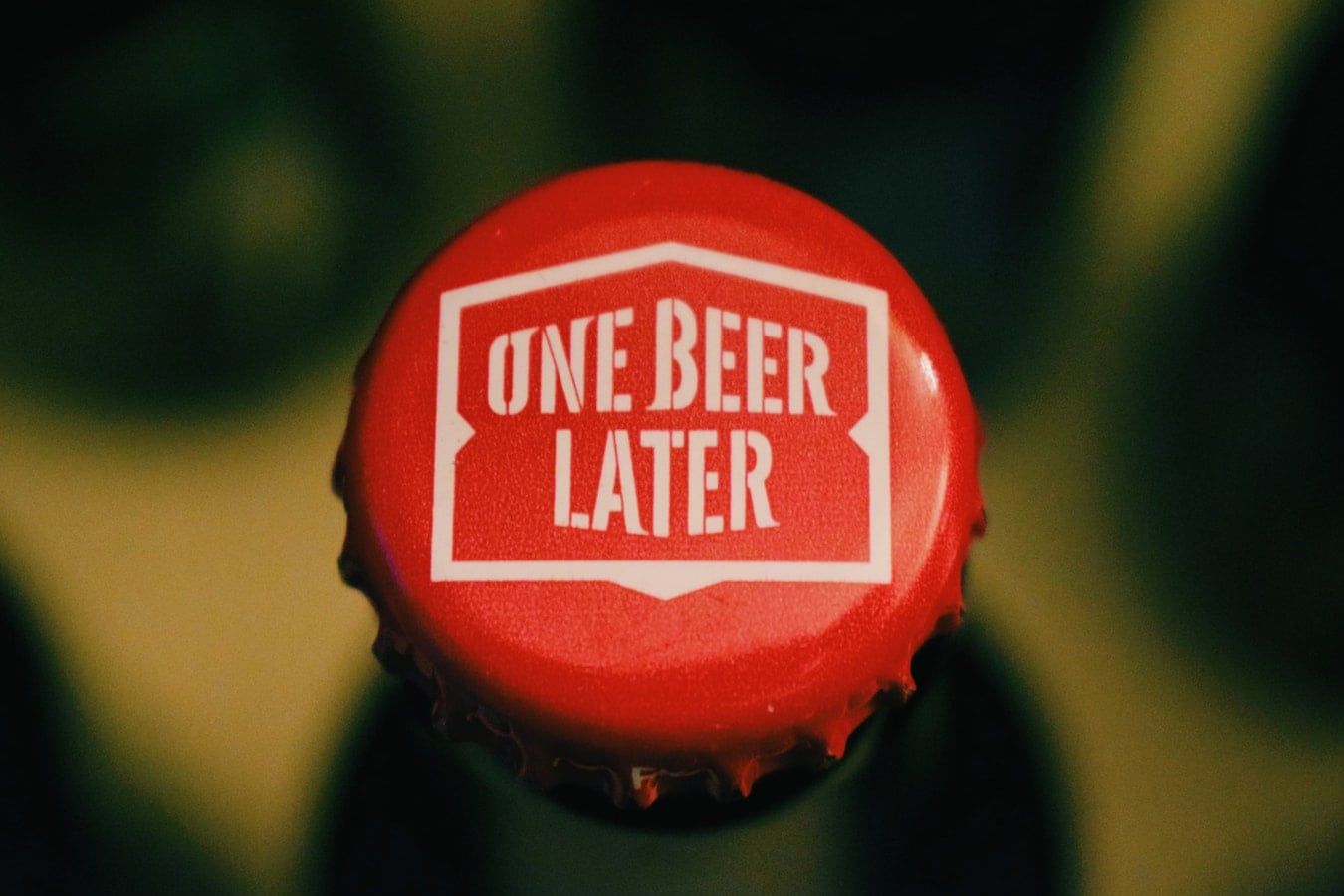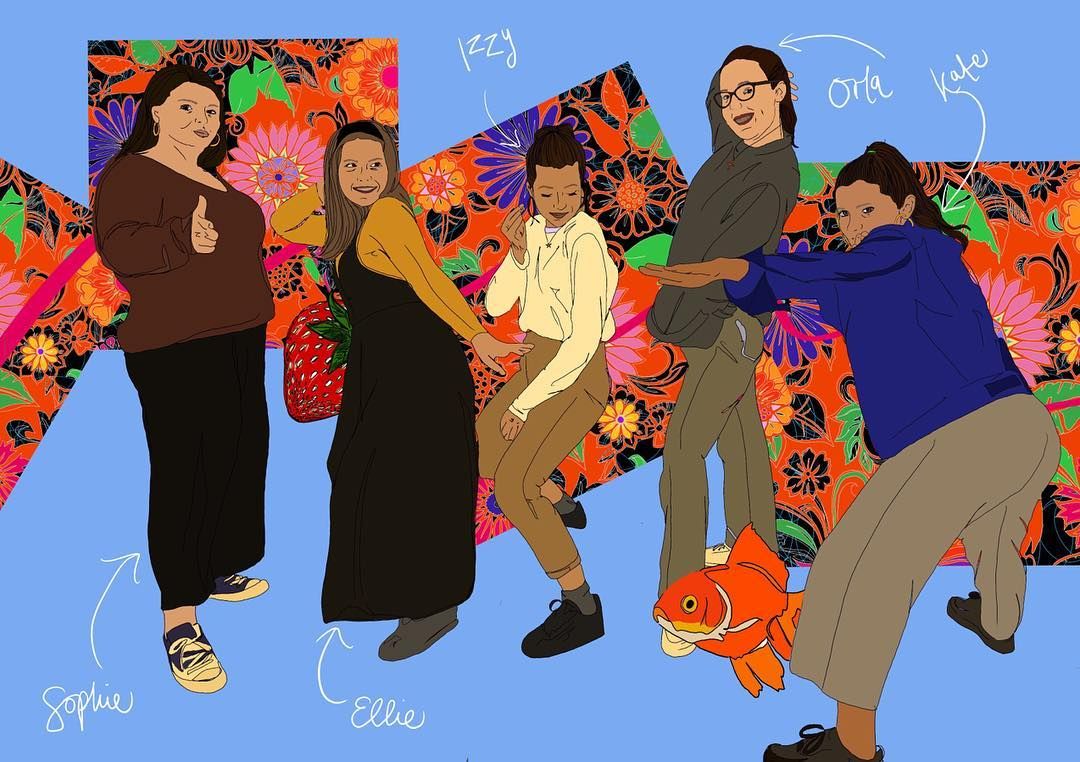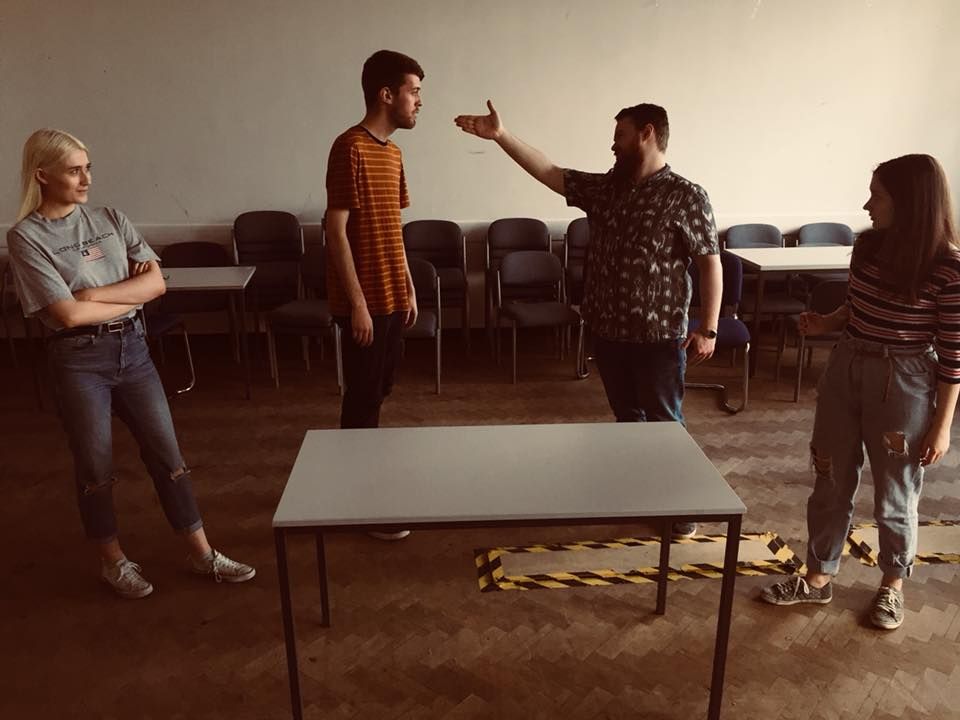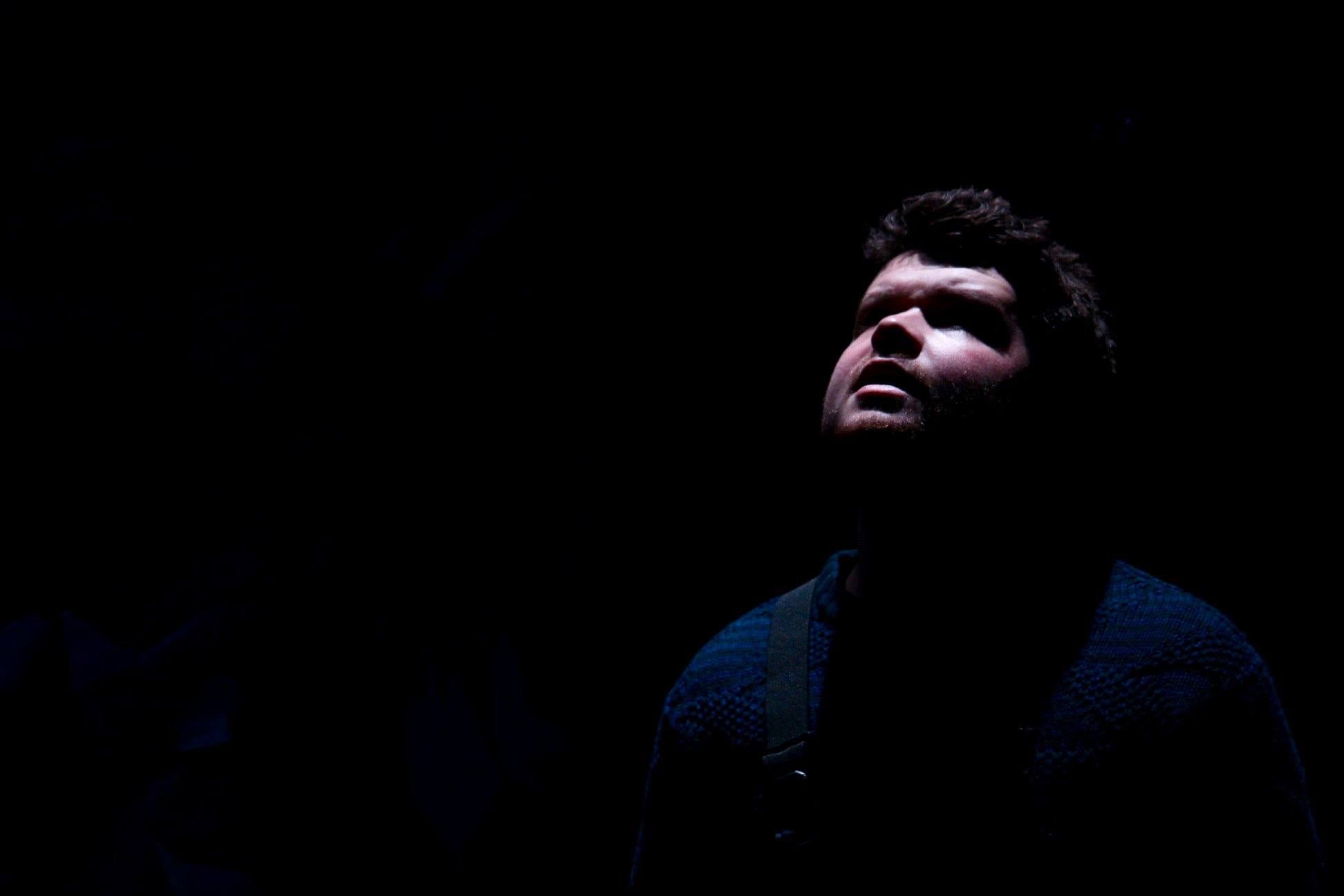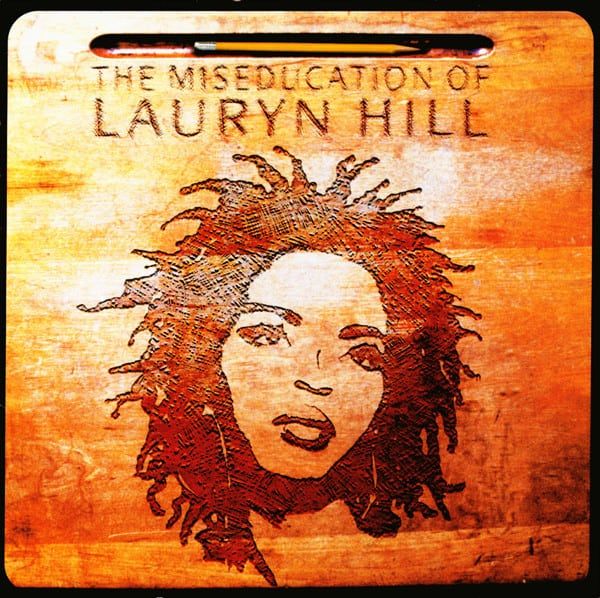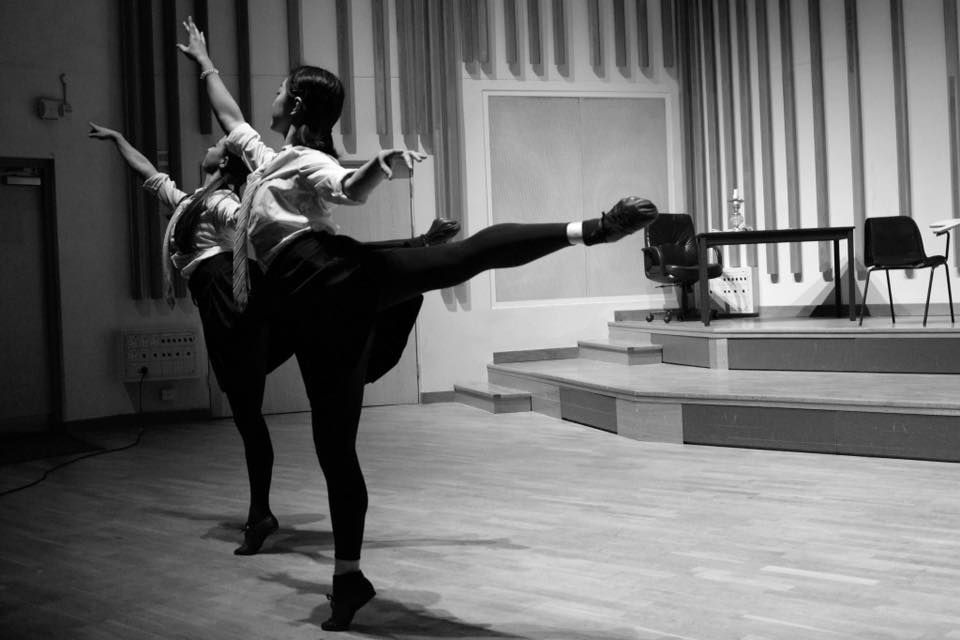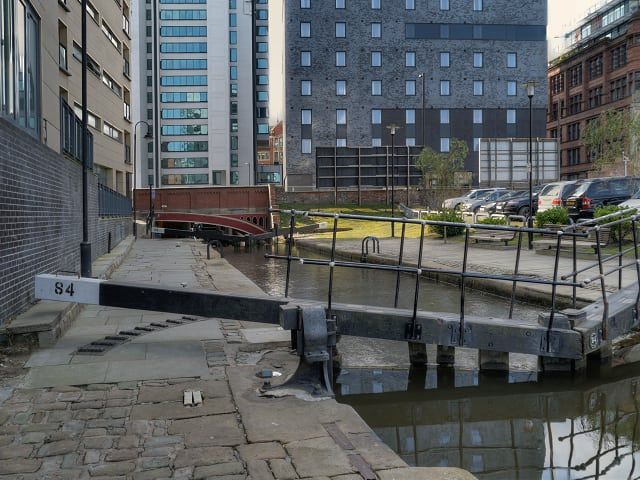Why was there no official LGBT+ bloc at Reclaim The Night?
It was my third ‘Reclaim the Night.’ It was supposed to be the crowning jewel in my university life, so that when I graduated in about six months, I jumped into the world of work happily knowing that I had spent three cold Thursday evenings yelling about street harassment and sexual assault, whilst smiling very widely (with all teeth!) at men on the Curry Mile who stared as we marched.
I jest — it was not the ‘crowning jewel’ in my university life, but it was definitely one of the highlights and it would be my last one at the University of Manchester. I came expecting to join the LGBTQ+ bloc… and there was nothing. No banner, no designated area for us to stand.
Now, I know this may sound entitled, but that was how it had always gone in previous years. People were corralled toward their designated areas and your banner was there waiting for you and for (un)lucky minions to hold up as you marched.
But this year, it felt more of a mess, and there were fewer people too. Everyone milled about aimlessly, and there seemed to be fewer stewards and fewer people too. There were only three bloc, a confused steward told us, Women’s, Family, and Mixed.
There was no bloc for us, even though the leaflet produced by the Student’s Union for LGBTQ+ History Month told us otherwise. And Reclaim the Night is a Students’ Union event — the right hand does not know was the left hand is doing, clearly.
In 2017, there was a designated bloc for Women, Family and Youths, LGBTQ+, Muslim, and Mixed groups. There is most definitely the demand for it, and if advertised correctly, it could really have increased this year’s meagre turn-out.
But in the end, there was no bloc for us. The stewards were confused, and suggested we march at the back of the Mixed bloc, that is, at the back of the parade. Some of us did end up marching towards the back whilst others of us tried to form our own ‘bloc’ in-between the Family bloc (what happened to the ‘and Youth’ bit?) and the Mixed bloc.
It did not work out well: with no wide banners and little organisation or strictness from the stewards, the Mixed bloc overtook the renegade LGBTQ+ bloc (all seven people or so) and by the end of the march, they, and the tiny Family bloc, were subsumed into the Mixed bloc.
Where were our Reclaim the Night banners? If they were lost, could not more be made? They were sturdy things, reused each year. If we — members of the LGBTQ+ bloc — had known that were to be none, we could have used the LGBTQ+ Society’s personal hand-painted banner, but due to miscommunication, that banner ended up towards the back of the mixed group.
So what’s going on? Disorganisation and lack of care, at a guess. Attendance at Reclaim the Night has fallen year on year, despite the Students’ Union trying to argue otherwise. ‘Alternative facts,’ anyone?
Anecdotally, I can say that I only knew about Reclaim the Night because of two things: a) I know it happens at the end of February and b) the Students’ Union’s charming pamphlet about LGBTQ+ History Month told me when it was happening (a truth) and that there would be an LGBTQ+ bloc (a lie). There seemed to be a lack of a Facebook campaign, and the advertising inside the physical Students’ Union seems to be focused on selling T-shirts.
So who do I, an anonymous angry columnist, blame? Why, the people I elected of course. The Executive Committee of the Students’ Union and the part-time LGBQ and Trans Officers… I shall be thinking very carefully about how I vote this election season.
One of the reasons we elect those people is to represent our interests. One of my sole interests is to not be forgotten about, to be represented.
I could imagine the part-time Trans Officers quite easily advocating for having a Trans bloc, or the part-time BME Officers advocating for a BME bloc. If in 2017, there was a Family and Youth Bloc, a Muslim Bloc, and an LGBTQ+ bloc, surely there would be the need?
I imagine all one has to do is ask, after all, there is a clear precedent. And all one needs is a banner, a megaphone, and a place to stand in the parade. They could then advertise this to the groups they represent, bring more people onboard with the aims and the community that surround Reclaim the Night!
What is Reclaim the Night about if not to bring more people into the discussion around sexual harassment and assault, to make one feel not alone, and to encourage a further dialogue? And especially with already marginalised groups (LGBQ, Trans, BME), does this discussion not become even more important, that community oh so valuable?
So why forget about us?
